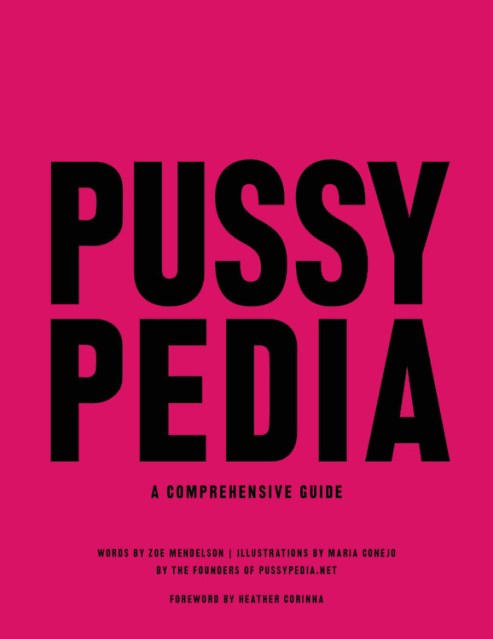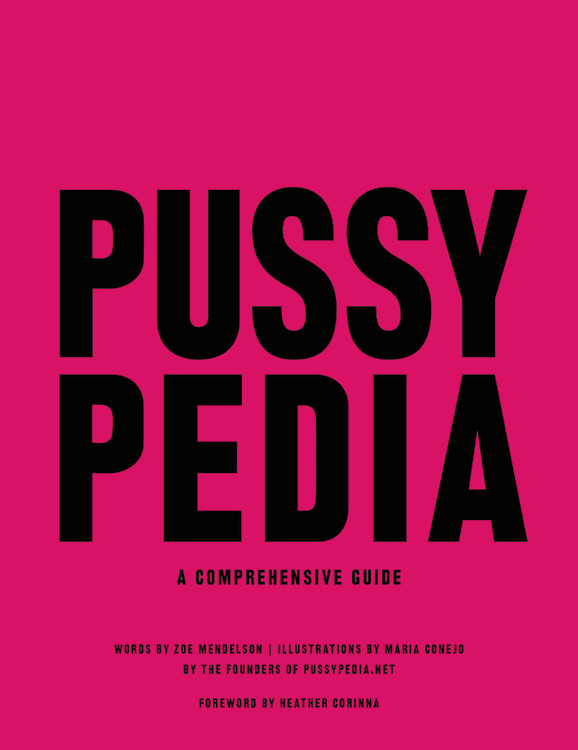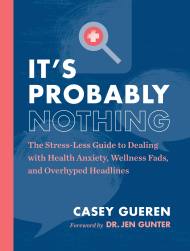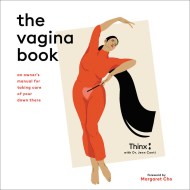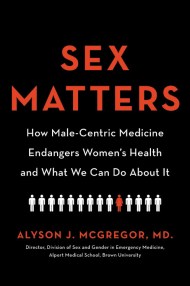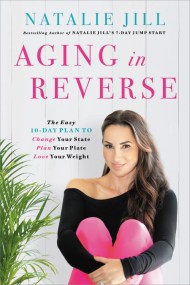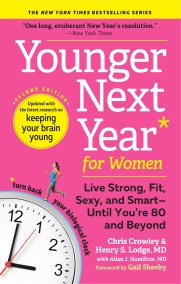Promotion
Use code MOM24 for 20% off site wide + free shipping over $45
Pussypedia
A Comprehensive Guide
Contributors
Illustrated by Maria Conejo
Foreword by Heather Corinna
Formats and Prices
Price
$29.00Price
$37.00 CADFormat
Format:
- Hardcover $29.00 $37.00 CAD
- ebook $15.99 $20.99 CAD
- Audiobook Download (Unabridged) $27.99
This item is a preorder. Your payment method will be charged immediately, and the product is expected to ship on or around August 3, 2021. This date is subject to change due to shipping delays beyond our control.
Also available from:
Written by the creators of the popular website, this rigorously fact-checked, accessible, and fully illustrated guide is essential for anyone with a pussy.
If the clitoris and penis are the same size on average, why is the word “small” in the definition of clitoris but strangely missing from the definition of penis? Sex probably doesn't cause yeast infections? But racism probably does cause BV? Why is masturbating so awesome? How hairy are butt cracks . . . generally? Why is labiaplasty on a global astronomical rise? Does egg freezing really work? Should I stick an egg-shaped rock up there or nah?
There is still a shocking lack of accurate, accessible information about pussies and many esteemed medical sources seem to contradict each other. Pussypedia solves that with extensive reviews of peer-reviewed science that address old myths, confusing inconsistencies, and the influence of gender narratives on scientific research––always in simple, joyful language.
Through over 30 chapters, Pussypedia not only gives the reader information, but teaches them how to read science, how to consider information in its context, and how to accept what we don't know rather than search for conclusions. It also weaves in personal anecdotes from the authors and their friends––sometimes funny, sometimes sad, often cringe-worthy, and always extremely personal––to do away with shame and encourage curiosity, exploration, and agency.
A gift for your shy niece, your angsty teenager, your confused boyfriend, or yourself. Our generation's Our Bodies, Ourselves, with a healthy dose of fun.
If the clitoris and penis are the same size on average, why is the word “small” in the definition of clitoris but strangely missing from the definition of penis? Sex probably doesn't cause yeast infections? But racism probably does cause BV? Why is masturbating so awesome? How hairy are butt cracks . . . generally? Why is labiaplasty on a global astronomical rise? Does egg freezing really work? Should I stick an egg-shaped rock up there or nah?
There is still a shocking lack of accurate, accessible information about pussies and many esteemed medical sources seem to contradict each other. Pussypedia solves that with extensive reviews of peer-reviewed science that address old myths, confusing inconsistencies, and the influence of gender narratives on scientific research––always in simple, joyful language.
Through over 30 chapters, Pussypedia not only gives the reader information, but teaches them how to read science, how to consider information in its context, and how to accept what we don't know rather than search for conclusions. It also weaves in personal anecdotes from the authors and their friends––sometimes funny, sometimes sad, often cringe-worthy, and always extremely personal––to do away with shame and encourage curiosity, exploration, and agency.
A gift for your shy niece, your angsty teenager, your confused boyfriend, or yourself. Our generation's Our Bodies, Ourselves, with a healthy dose of fun.
Genre:
-
“Not since the 1973 publication of Our Bodies, Ourselves has there been a book about our sexual selves that is so incisive, so inclusive, so frank—and so funny. Pussypedia is more than just a book about pussies, it is a brilliant manifesto about living with one. Zoe Mendelson and Maria Conejo have created a multi-faceted masterpiece that should be read—and memorized—by every body.”Debbie Millman, author of Brand Thinking and Other Noble Pursuits
-
“Pussypedia is a hilarious, ridiculously informative and absolutely necessary atlas for people with pussies. From pussy anatomy to sex and masturbation and all things in between, Mendelson takes an inclusive and intersectional approach to demystifying all things pussy. This book is a joyful, frank, and comprehensive corrective to the cultural ignorance surrounding people with pussies. If pussy is the promised land,Roxane Gay, bestselling author of Bad Feminist and Hunger
this book is the compass that will guide you there." -
“Accompanied by Maria Conejo’s beautiful illustrations, Zoe Mendelson has written an astonishingly informational volume about the pussy, which they redefine in a new wonderfully gender- and organ-inclusive way.”Ms. Magazine
-
“A comprehensive resource that's equally entertaining, educational, and empowering…..Whether it’s someone who has a pussy or someone who loves them, Pussypedia is an extraordinary read. Zoe shares insightful interviews with experts that break down intimidating content into something much more manageable and shares plenty of her own personal experiences. It’s science-backed research and girl talk in one. María’s illustrations walk that line, too. You’ll find labeled anatomical diagrams, menstrual products, or women and women’s bodies. Her inclusive drawings highlight the beauty of being female—one that is celebrated and proud.”PrintMag
-
“A thorough and empowering guide to women’s health…. [Mendelson] kicks body shame to the curb and, in delightfully sassy prose, keeps things realistic….Conejo’s bright illustrations, peppered throughout, add flair. [Those] looking to ditch the shame will find this smart, inclusive, and practical guide the perfect resource.”Publishers Weekly (starred)
-
“The no-BS book about bodies….The voice is also a treat. Mendelson writes with humor, honesty, and openness, never flinching from her own experiences and, on top of that, has a ton of research to back everything up….Opening each chapter are Conejo’s illustrations, big and bold and friendly.”Feminist Book Club
-
“The book is learned, informative, poignant, often infuriating, and often also very funny. But what most distinguishes Pussypedia is it's an FAQ for questions that have been answered incorrectly, suppressed, deemed taboo, gone bizarrely uninvestigated and/or steeped in shame off and on for most of human history....The book itself is part-sex manual, part-comprehensive Mendelson's Anatomy of XX Plumbing, and part history of suppression.”“Booksmart Studios”
- On Sale
- Aug 3, 2021
- Page Count
- 432 pages
- Publisher
- Hachette Go
- ISBN-13
- 9780306924286
Newsletter Signup
By clicking ‘Sign Up,’ I acknowledge that I have read and agree to Hachette Book Group’s Privacy Policy and Terms of Use
